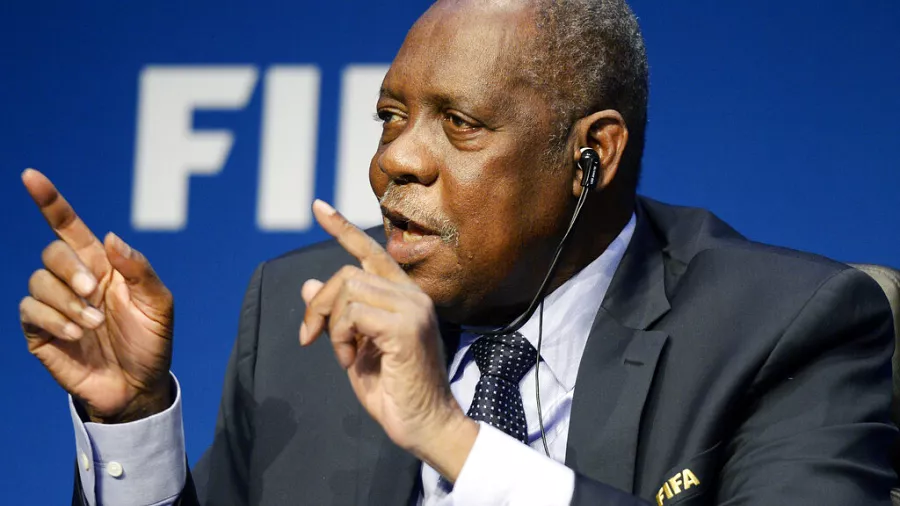Issa Hayatou, the former President of the Confederation of African Football (CAF) and a significant figure in global football administration, has passed away at the age of 77. The Cameroonian, who led CAF for an unprecedented 29 years, died in Paris, France, on the eve of his 78th birthday.
Hayatou’s death marks the end of an era in African and international football. He was a towering figure in the sport, both literally and figuratively, known for his deep influence on the game across the African continent and his substantial impact within FIFA, the global governing body of football.
A Legacy in African Football
Born on August 9, 1947, in Garoua, Cameroon, Issa Hayatou dedicated much of his life to the development of football in Africa. His journey in football administration began in the 1980s when he took on roles within the Cameroonian Football Federation. His leadership skills and vision quickly propelled him to the continental stage, and in 1988, he was elected President of CAF.
During his 29-year tenure as CAF President, Hayatou oversaw significant growth and development in African football. Under his leadership, the Africa Cup of Nations (AFCON) became one of the most prestigious football tournaments globally, drawing attention from fans and scouts worldwide. He also played a pivotal role in increasing African representation at the FIFA World Cup, advocating for more slots for African teams, which culminated in the historic allocation of five places at the 1998 World Cup in France.
Hayatou’s tenure was not without controversy. His long reign as CAF President saw both successes and challenges, including allegations of corruption and criticism over the governance of the organization. Despite these challenges, his influence and legacy in African football remain undeniable. He was instrumental in securing and overseeing numerous development programs that aimed to improve football infrastructure and talent development across the continent.
Acting FIFA President
In addition to his role within CAF, Issa Hayatou also held significant positions within FIFA. He was a longstanding member of the FIFA Executive Committee, which later became the FIFA Council. His most notable moment on the global stage came in 2015 when he briefly served as the acting President of FIFA following the suspension of Sepp Blatter. During this period, Hayatou was tasked with steering the organization through a turbulent time marked by widespread corruption investigations.
As acting FIFA President, Hayatou was known for his calm demeanor and his ability to navigate the organization through a difficult period, maintaining a steady hand until the election of Gianni Infantino as FIFA President in 2016.
The End of an Era
Hayatou’s leadership at CAF came to an end in 2017 when he lost his re-election bid to Madagascar’s Ahmad Ahmad. His defeat marked a significant shift in African football governance, ending nearly three decades of Hayatou’s influence over the sport on the continent.
Despite stepping down from his role, Hayatou remained a respected figure in football circles. He was often lauded for his contributions to the growth of the game in Africa, even as debates over his legacy continued.
Passing in Paris
Issa Hayatou passed away in Paris, France, on August 8, 2024, just one day shy of his 78th birthday. His death has been met with tributes from across the football world, with many remembering his profound impact on the sport, particularly in Africa.
Hayatou’s passing is a significant moment for African football. He was a leader who dedicated his life to the game and whose influence will be felt for many years to come. As tributes pour in from football federations, players, and fans, his legacy as a pioneer of African football and a key figure in the global administration of the sport is being celebrated.
Issa Hayatou leaves behind a complex legacy—one of both monumental achievements and controversial moments. However, his contributions to the sport, especially in elevating African football to new heights, will remain a defining part of his life’s work.
ALSO READ:Paris 2024: Eliud Kipchoge’s Quest for Unprecedented Olympic Marathon Glory


